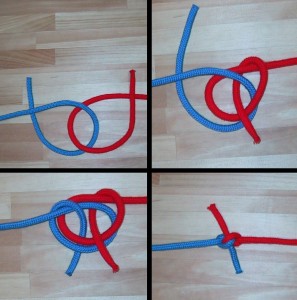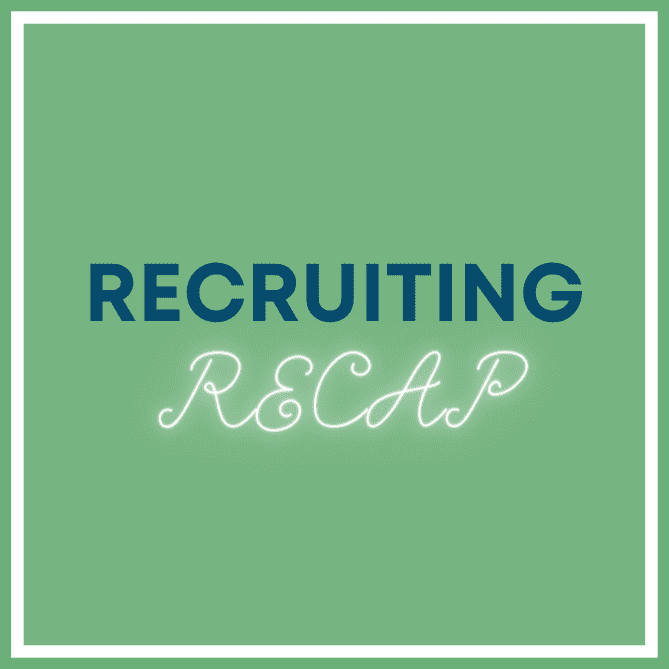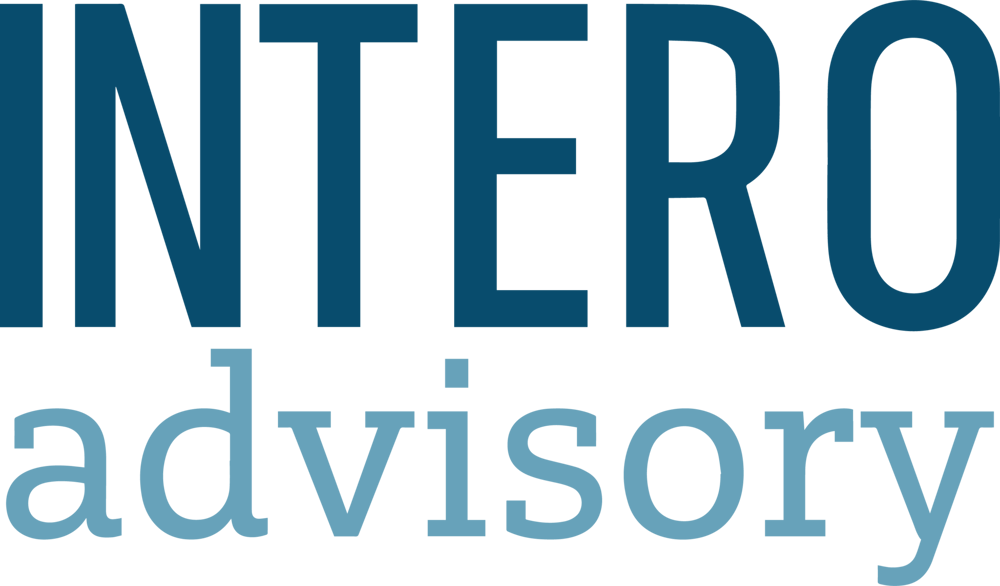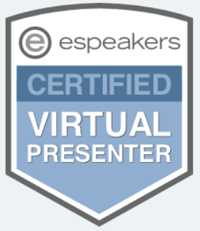 My siblings are much younger than me. I was 17 when my little brother started going to a pre-school learning center,and so it was my responsibility to get him ready and drop him off on Saturday mornings. It was always a great time for us. We would have breakfast together and pick out his “cool guy” outfit for the day. We would listen to music in the car, and sing along to all of his favorites – Tom Petty, U2, Red Hot Chili Peppers. I would drop him off at school and give him a big hug, before he would head off to the playground to join his classmates. And then I would HIDE IN THE BUSHES outside of the playground like a deranged helicopter parent/big sister and curse any child that gave my brother so much as an unfriendly look.
My siblings are much younger than me. I was 17 when my little brother started going to a pre-school learning center,and so it was my responsibility to get him ready and drop him off on Saturday mornings. It was always a great time for us. We would have breakfast together and pick out his “cool guy” outfit for the day. We would listen to music in the car, and sing along to all of his favorites – Tom Petty, U2, Red Hot Chili Peppers. I would drop him off at school and give him a big hug, before he would head off to the playground to join his classmates. And then I would HIDE IN THE BUSHES outside of the playground like a deranged helicopter parent/big sister and curse any child that gave my brother so much as an unfriendly look.
Yes, I did that. More often than I’d like to admit.
I share this story with you to illustrate a time in my life where I didn’t yet completely understand the value of boundaries. What was the value of me watching and waiting for another child to hurt or upset my brother? He needed to be capable of handling adversity without his big sister coming to the rescue; just like I needed to be capable of letting go and allowing growth and learning to take place in his life.
The same can be said for our professional relationships. I’ve talked before about finding “the one” when I’m working on a search. It’s such a great feeling when you’ve found the right candidate. For many recruiters, and definitely for me, it’s what keeps me motivated. I’m always looking for the next “one.” Over the years, I’ve spoken with so many talented and wonderful candidates. We’ve talked about professional challenges and the importance of things like integrity and mindfulness in the workplace. We’ve laughed about nerve-racking interviews and traded notes on how we’ve dealt with the pressures of always striving to be the best at what we do. I bond with my candidates. I enjoy getting to know people and understanding what makes them tick. So, where should the line be drawn? After all, these are still professional relationships. And my employer is the company that’s doing the hiring. For obvious reasons, they probably don’t want me to become best friends with every candidate I speak to.
Keep the conversation about work
A very important rule that I’ve followed over the years is to keep topics of conversation focused solely on work. For HR reasons, you do not want to discuss things like family, community activism or hobbies with your candidates. This can lead to learning information about a candidate’s age, religion and lifestyle that are not only inappropriate in the search, but can also put the hiring company at great legal risk.
And even more basic than legal concerns, it’s all about focus. You weren’t hired to make friends. You were hired to find a good employee; and to find that person efficiently. You may be tempted to allow the interview to become familiar and conversational, but remember, it still needs to be about the work. Otherwise, you run the risk of hiring someone who’s great to hang out with, but doesn’t meet expectations in the position. And that is certainly not something that any recruiter wants on their track record.
Don’t Give Away the Answers
In addition to keeping the conversation about work, it’s also important to pay special attention to what you should not say to a candidate about the work. You must allow the candidate to represent themselves accurately. Sharing too much information about the position or the company can have negative effects on how a candidate thinks about a job and, most importantly, how they answer important questions about their qualifications. Let me list a few possible scenarios to illustrate this idea:
- If you tell a candidate that a hiring manager is known to be a micro-manager, the candidate is much more likely to paint a picture of themselves as being okay with a higher degree of oversight. But what if being able to work autonomously is actually very important to them? This could create serious tension down the road.
- If you share why the previous person in a position was not successful, a candidate could choose to hide certain similar attributes in an interview, in an effort to get the job. But, we all know, these things will surface sooner or later. And again, this inhibits a successful placement.
When you give the candidate the “answers” by sharing too much about a position, you’re not only doing the company a disservice, you’re also doing the candidate a disservice. It’s important to remember to allow a candidate the freedom to discover if they’re the right fit for a position on their own.
Stay in Touch
But it’s not all about creating boundaries. It’s also about building rapport and being a trusted advisor, right? So while this advice may seem contradictory to my last two points, I think it’s still worth a mention. I can’t tell you the number of times I’ve met a candidate that a) wasn’t right for a particular role but b) was very talented. In these scenarios, it’s such a great opportunity to establish a professional bond so that you can add that individual to your pipeline for future positions. Doing things like periodically checking in with that person via email, “Liking” and Commenting on their activity via LinkedIn and sharing articles or other information with them that may relate to a previous conversation that you had, are great ways of staying in touch and maintaining a relationship long after the interview is over.
…Just don’t go hiding in the bushes in front of their office.
When you can keep the conversation about the work without giving away all of the answers, and while building a relationship with a candidate by staying in touch, you’ve reached a healthy balance of trusted advisor while still ensuring a successful placement. Everyone benefits and the process can be fun and rewarding too! Happy hunting!



